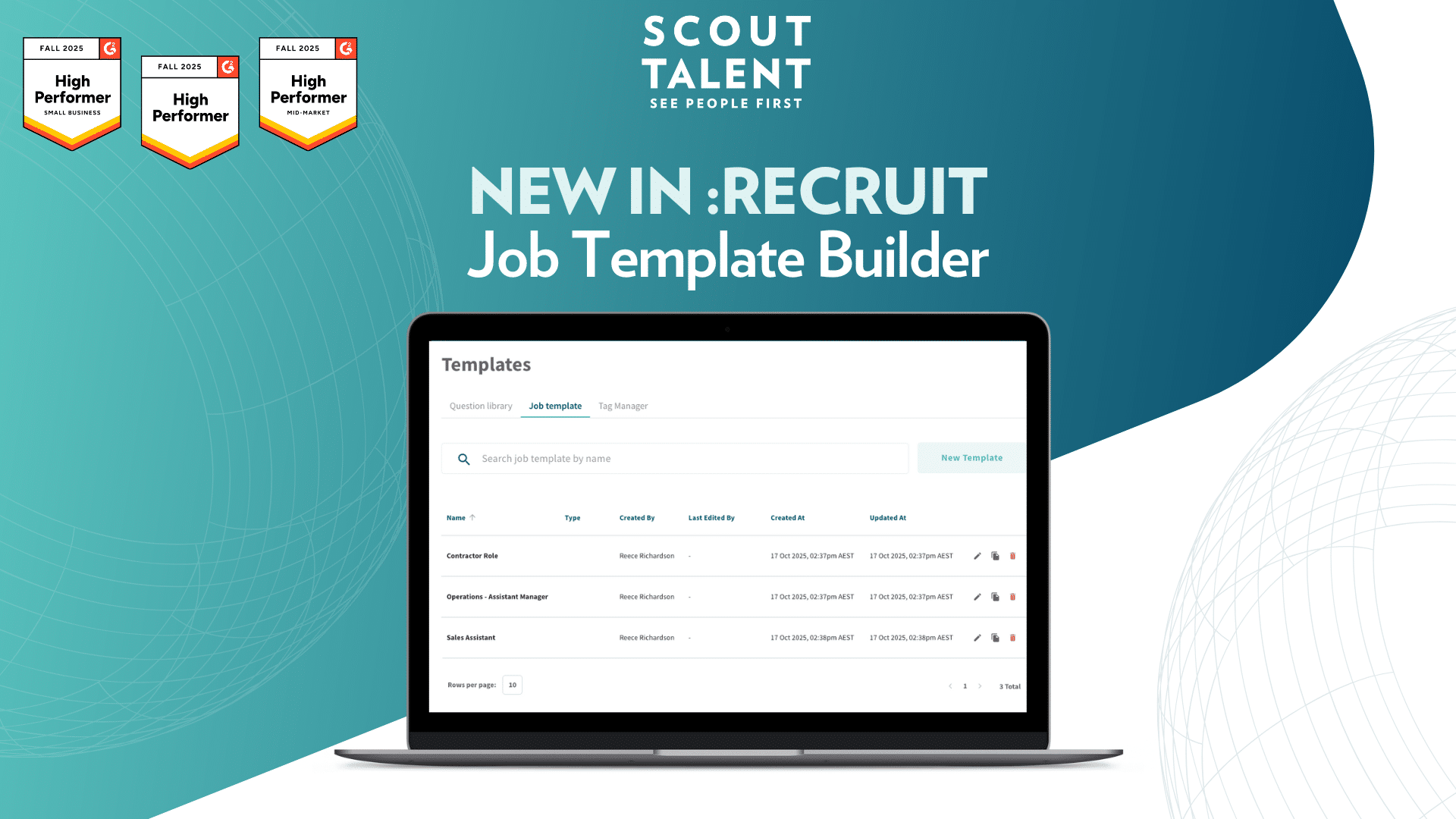We’ve talked a little bit about Learning Management Systems (LMS) in a couple of our episodes, and perhaps we got into slightly too much detail too soon. Today we’re going to talk about how you can figure out if now is the right time to invest in a Learning Management System.
As a reminder, a Learning Management System, or LMS, is a software application used for the administration, documentation, tracking, reporting, automation, and delivery of educational courses, training programs, or learning and development programs. It has huge potential and value in terms of upskilling your team and it’s one of the many tools that give industry leaders and their key players an advantage over their respective competitors.
Questions to ask before investing
While the value and benefit of an LMS is pretty clear. It may not be the right fit for you if you’re still quite a small organization and capable of managing in-person recruitment without it taxing your resources to a great degree. If, however, you’re striving to grow or make some serious inroads into new markets you’ll likely want a robust LMS in place to support you and your people in that endeavour.
That said, even with a good understanding of your goals and where you are as an organization, you may still be unsure as to whether you really need an LMS or potentially to change your existing LMS. To help figure that question out for yourself there are a couple of really great questions to ask yourself and the stakeholders in your organization:
- How are we sourcing training?
- How are we delivering training?
- How are we tracking training?
Sourcing training
In terms of sourcing training, it’s worth reviewing where exactly your training is coming from, the quality of the training, and the resources required to produce and replicate it. Is it taking hours of your team’s time to generate training materials for new hires and processes? Alternatively, are you spending huge amounts of money annually to have a professional trainer or trainers deliver content to your team? Such processes might have gotten you to where you are now but they’re inefficient when it comes to where you want to go.
Delivering training
In terms of delivering training, again how are you reaching your people with the content they need to know to be successful in their job. Do some members of your team spend hours running workshops for the greater employee base on top of their regular role? Do you struggle to line up calendars between those that are delivering the training and the people who need to receive it?
Tracking Training
Finally, in terms of tracking training, do you know how engaged your learners were with the content that they received? Are they getting better at their job? Can you track how many people have actually completed the training that you need them to complete?
If some of these questions and discussion starters have uncovered some points of pain for you, your team, or your overall organization then yes, it is time for you to invest in a learning management system.
When it’s time to invest
With an LMS you’ll be able to bring your training online. Many LMS tools like our own, which is called Scout Learning, offer huge content libraries that are continuously being updated ensuring that you can source the training you need with ease. An online learning tool also allows you to easily deliver your training to your employee base while giving you the ability to track their engagement and progression within their respective training modules.
There are a couple of other reasons why an organization might find itself in need of a Learning Management System. High employee turnover, a sudden particular business need, or brightness of employee future can all be good reasons to opt for a new Learning Management System.
With high employee turnover, particularly high turnover with staff within their first 3 months, an LMS can help cultivate employee engagement within the organization and show your employees that you value them and their experience while they work.
A business driver can also be a big factor for investing in an LMS. For instance, if a call centre is generating a large number of complaints a learning course on communication and customer service can be quickly rolled out to all customer service representatives in order to mitigate these complaints.
Finally, employee’s brightness of future is a big reason many organizations opt for a new LMS. If you’ve identified the high achievers within your organization and you’re ready to upskill them towards more senior management roles, an LMS is one of the best and most affordable ways to ensure that your key players gain the information and support that they need in order to continue growing within your organization.
Next steps
Given its ability to help reduce employee turnover through engagement, online learning is something that we’re hugely passionate about here at Scout Talent.
If you’d like to learn more about how you can move your learning and training to an online space, please do reach out to us here and one of our learning specialists would be happy to answer any questions you might have.
To make sure that you don’t miss an episode of The Talent Scout, sign up below.




